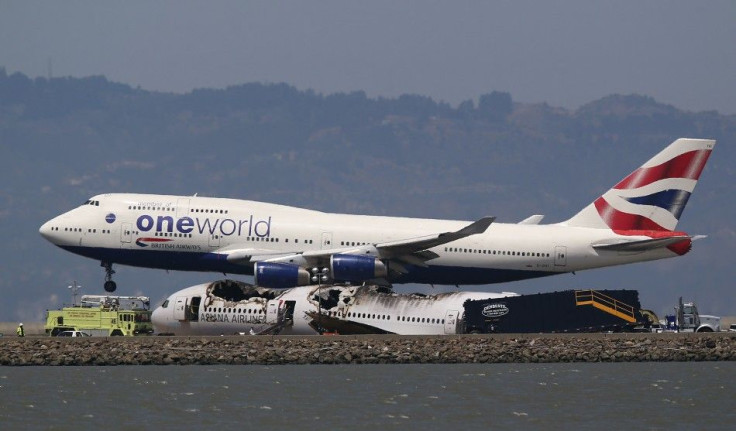UK Tests Fuel Efficient Hybrid Electric Plane: Boeing Partners The Project Hoping To Save Fuel Costs

The U.K. has tested a new hybrid-electric aircraft in what is being touted as the first ever attempt to recharge its batteries in flight. Announcing the feat, University of Cambridge said the aircraft used "parallel hybrid-electric propulsion system," with its electric motor working on a regular petrol motor to drive the propeller. The trial was conducted at a site in Northamptonshire.
The fuel-efficient plane can save 30 percent fuel compared to a similar model with a petrol engine. The high point of recharging the batteries during flight was never achieved before, according to a report by Business Insider.
Smart Technology
The aircraft has a combination of four-stroke piston engine and an electric motor that are coupled by the same drive pulley that spins the propeller. During take-off and climb, the requirement for maximum power in powering the plane is met by the engine and motor together. When the cruising height is reached, the electric motor will get switched into generator mode to recharge the batteries. In motor assist mode, it will minimise fuel consumption as in a hybrid car.
Project leader and Cambridge professor Paul Robertson stated that "although hybrid cars have been available for more than a decade, what has been holding back the development of hybrid or fully-electric aircraft until now has been battery technology." Until recently, the batteries have been too heavy and did not have enough energy capacity. But the advent of improved lithium-polymer batteries similar to laptop computers has made hybrid aircraft viable, added Robertson.
Benefits
Claiming the project is vital in combating the impact of air travel on environment, the team cited the Intergovernmental Panel on Climate Change that said "aviation is responsible for around 2 percent of all global man-made carbon dioxide emissions." The USP of the plane is that it is a step "towards cleaner, low-carbon air travel," though more needs to done. Robertson added more research will be done to prolong flying time. If all the engines and the fuel in a modern jetliner were to be replaced by batteries, the total flying time will be reduced to roughly 10 minutes, the researchers pointed out. The Cambridge demonstrator is significant as a model towards fully electric plane, which could become commercially viable in the not so distant future.
Boeing Partnership
Meanwhile, aviation major Boeing is working with Cambridge University on the new technology. The battery-charged propulsion method, when commercialised, will slash carbon emissions and bring huge savings in fuel costs, reported Business Weekly. The pioneering U.K. and U.S. alliance is convinced the technology carries huge potential in promoting "greener" aviation.





















